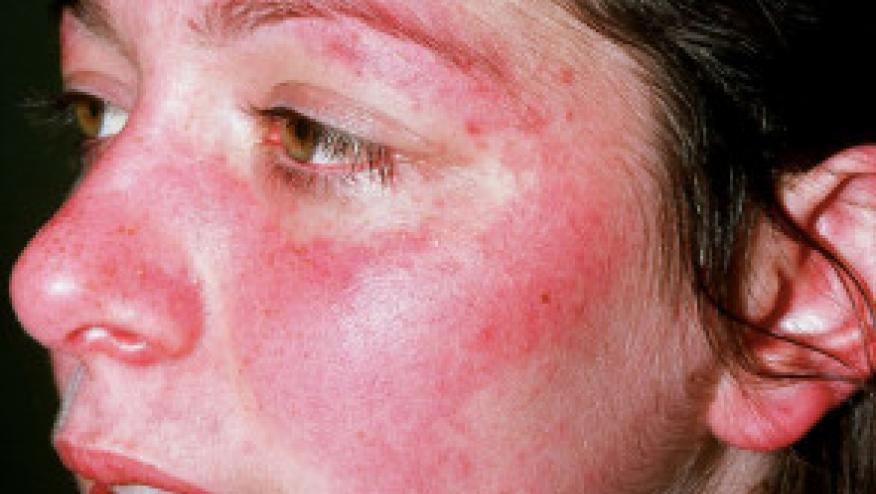Increased SLE Flares with Hydroxychloroquine Reduction Save

Concerns about the long-term safety of hydroxychloroquine (HCQ) often results in dose reduction or drug discontinuation; yet a current study shows that, for those in remission, HCQ taper/discontinuation resulted in a significantly higher rate of SLE flares.
While there is literature and experience suggesting that HCQ reduction/withdrawal may be safe or reasonable in some stable patients, actual risks have not been elucidated.
Analysis of prospective data from the Systemic Lupus International Collaborating Clinics (SLICC) cohort, that included 1460 SLE patients followed annually (1999–2019), looked at outcomes of SLE patients in remission who either continued their HCQ (‘maintenance’) vs those who either reduced or discontinued HCQ. Outcomes were flare rates, time to first flare (SLEDAI-2000 increase ≥4 points) and hospitalisation for SLE.
Overall, the crude flare rate was over 30 flares per 100 person-years, even while maintaining HCQ.
The time to first SLE flare (compared to HCQ maintenance) was:
- HCQ reduction - aHR 1.20 (95% CI 1.04 to 1.38)
- HCQ discontinuation - aHR 1.56 (95% CI 1.31 to 1.86)
Those at increased risk for lupus flare included ptients with low educational level (aHR 1.43, 95% CI 1.09 to 1.87) and use of prednisone or immunosuppresives.
These findings suggest an ongoing need to optimise treament in SLE, specifically HCQ and even if in clinical remission.










If you are a health practitioner, you may Login/Register to comment.
Due to the nature of these comment forums, only health practitioners are allowed to comment at this time.